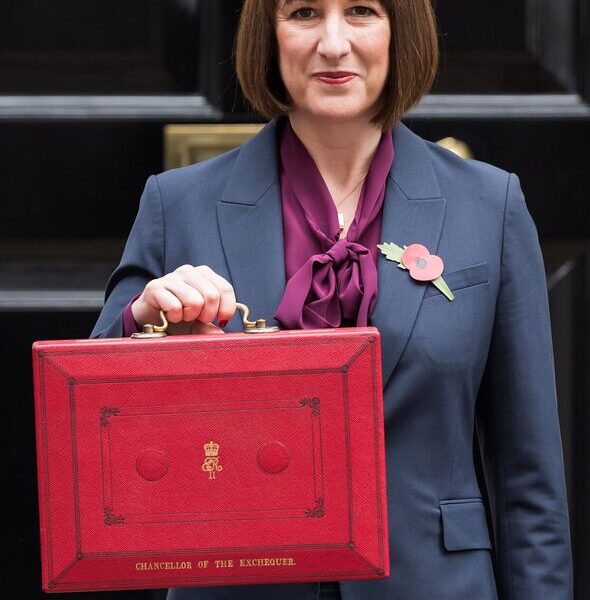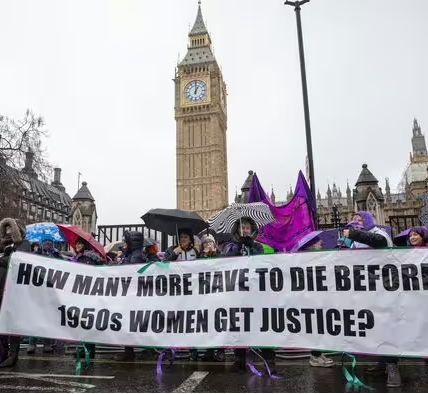Rachel Reeves is considering freezing income tax limits beyond the tax year 2028/29, the Financial Times reports.
The UK economy grew just 0.1% in the last three months of 2024, with economists warning that Britain still risks being dragged into a recession.
Freezing income tax limits will mean thousands more people will fall into the higher tax bands as a result of rising wages, while those who currently fall just below the tax-free personal allowance, such as pensioners living on a state pension, may also be forced into paying income tax.
Ms Reeves has previously promised not to introduce any more tax increases.
In November, the Chancellor told the House of Commons Treasury select committee: “We are not going to be coming back with more tax increases or more borrowing.”
The Chancellor gave herself a £9.9 billion margin of error, but this has reportedly been wiped away due to the UK’s ongoing economic woes.
When she makes a statement on the economy on March 26, Ms Reeves is expected to announce either a reduction public spending or further tax rises.
One aide told the FT that Ms Reeves was taking “nothing off the table”.
The income-tax freeze began under the Conservative government when Rishi Sunak was chancellor in April 2022.
The Institute for Fiscal Studies (IFS) said keeping tax and National Insurance thresholds frozen could rake in £4 billion a year while Treasury officials told the FT the idea was “interesting” and the “obvious thing to do”.
Ahead of the Budget, the Government briefed that continuing a freeze to thresholds would not breach Labour’s manifesto pledge on not raising income tax.
Ms Reeves may be hoping for more positive news on the UK economy by the time the Office for Budget Responsibility (OBR) produces a final report alongside the March 26 statement.
A Treasury spokesman told the FT: “Our commitment to fiscal rules and sound public finances is non-negotiable. As the Chancellor has said, the Office for Budget Responsibility will publish their updated forecast on March the 26th, and she will respond to it then.”


